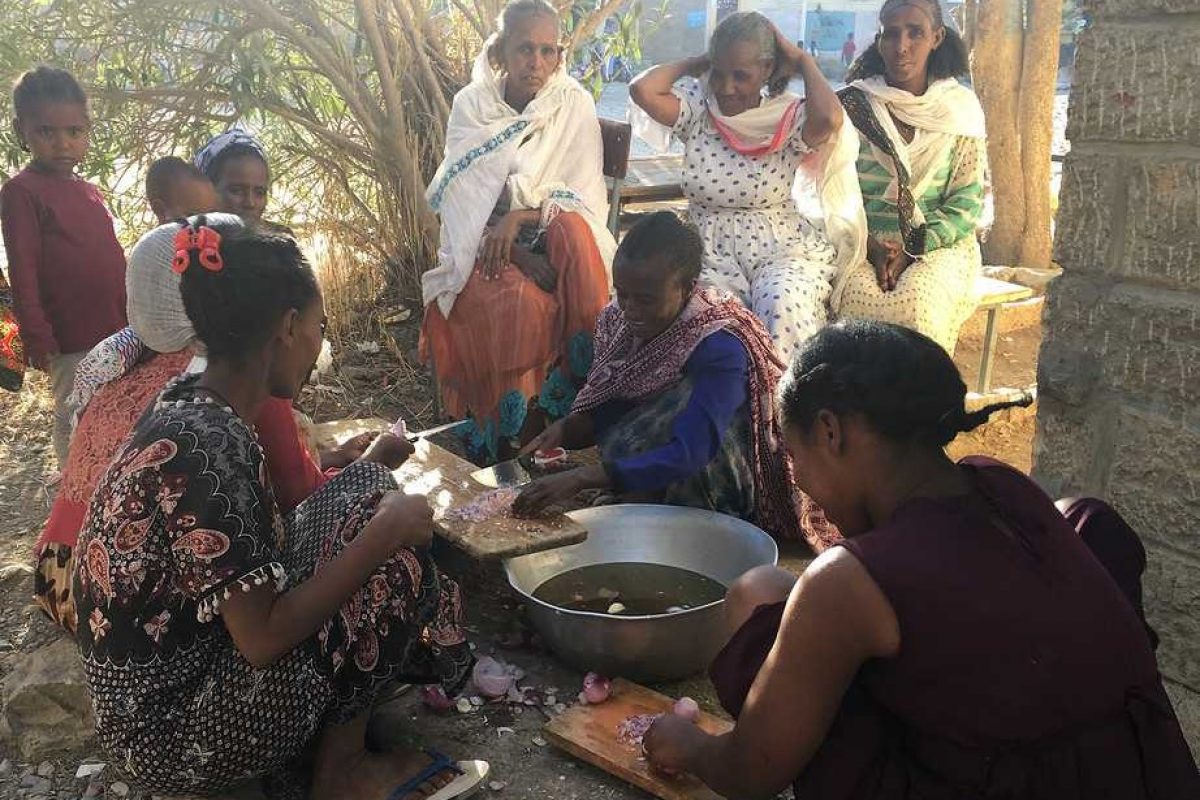Martin Griffiths, the new UN emergency relief coordinator, visited a site for internally displaced people in Ethiopia’s conflict-hit Tigray region, a spokesperson said.
During the visit on Friday, humanitarian partners of the world organization briefed Griffiths on his first mission as the relief chief, said Eri Kaneko, associate spokeswoman for UN Secretary-General Antonio Guterres. Griffiths also met people affected by the crisis.
“According to our humanitarian partners, an estimated 5.2 million people need assistance in Tigray,” she told reporters at a regular briefing.
The UNICEF estimates that more than 100,000 children in Tigray could suffer from life-threatening severe acute malnutrition in the next 12 months, a tenfold increase compared to the average annual caseload.
“This malnutrition crisis is taking place amid extensive, systematic damage to the food, health, nutrition, water and sanitation systems and services that children and their families depend on for their survival,” it said.
“The risk of disease outbreak is high, particularly in the overcrowded, unsanitary sites hosting displaced families.”
Alice Wairimu Nderitu, the UN special adviser to the Secretary-General on the prevention of genocide, expressed alarm at ethnic violence in Ethiopia and reports of serious human rights violations and abuses, including alleged sexual violence, recruitment of child soldiers, arbitrary arrests and ethnic-based targeted killings committed by all parties.
She also condemned inflammatory statements used by top political leaders and associated armed groups.
“Such dynamics in the current socio-politico context, characterized by deep-seated ethnic tensions across the country, constitute a dangerous trajectory in the direction of further pulling communities apart,” Nderitu said in a statement.
Since the early hours of November 4, 2020, the Ethiopian government launched military operations against the TLPF after the latter rejected political reforms and captured army bases.
The fierce fighting between the two sides has left thousands of people dead.
More than two million have been displaced and 350,000 pushed towards famine.












